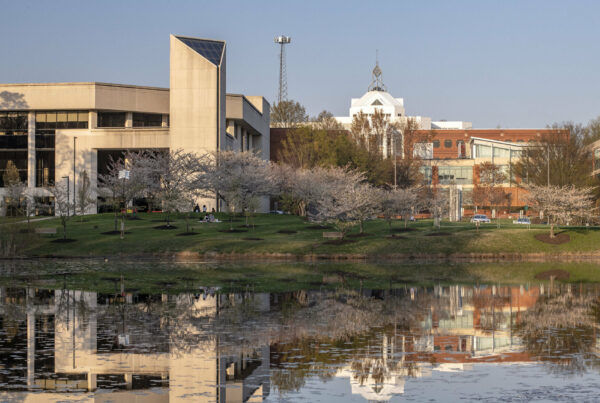College visits are an excellent way to gain insight into what college life is like in general, and what life at a particular school is like, specifically. Seniors can use the visit to figure out which college best matches their interests while juniors can explore colleges where they might like to apply, as well as gain a better sense of what they are looking for in a college overall. After they do some basic research on the schools they’re going to visit, take the tour, speak with and ask thoughtful questions of admissions officers and current students and maybe even chat with a professor or two, students will need to process the information they’ve amassed during their college trips.
What vibe did you get from the college?
As soon as they can, either during the college visit or immediately after, students should record what they learned on the tour, in their conversations with admissions officers, current students, faculty, coaches, etc.
Even more importantly, they should think about what they liked or disliked about the colleges, and how they felt on campus. If a student does not see himself/herself attending a school, s/he should not apply/attend. If a student can envision living and learning on a campus for four years, it’s time to think about why. Here are some ways students can process college visits and reflect to make sure they attend the school that suits them best.
Factors to consider
College visits can be helpful for juniors who are just beginning the college application process. Some factors for students to consider as they look over the notes they’ve made of college visits to figure out what they want out of college:
→Do they want a large school or a small school?
→Do they prefer a liberal arts school or a research university?
→Do they want an urban campus, a suburban campus, or a rural campus?
→Do they want schools that have common requirements for all students, or do they prefer not to have any mandatory classes?
→What special opportunities are important to them (study abroad, internships, research, etc.)?
→What sort of social scene do they want at college (Greek life, sports, extracurriculars, etc.?
→Do they want large lectures or small seminars?
Visiting campus can help juniors further narrow down the colleges they’ll apply to and have a more concrete idea of what they want from college. In addition to keeping a record of which college characteristics matter most, students can consult their records of campus visits for specific details when the time comes to write the why-this-college essay.
Seniors who have already decided on what they want out of their college experience should reflect on how each school stacks up to their criteria. (Also, check out last week’s blog on how to decide which college to attend).
Read over those materials
Students will have collected a number of publications in the form of school brochures, pamphlets, college catalogs, and newspapers on their visits. Read them! Then, students should jot down the impressions they get from these materials.
Some suggestions:
→Check out the student newspaper(s) to get a sense of what college social scenes look like, what events the college/town offers, and which issues matter most to students on campus.
→Look at the course catalog to see what sorts of courses are available, both in the departments in which students would like to major, and in others where they might take courses that pique their interests.
→Take a look at the college brochures, which can give information about things like faculty-to-student ratios, retention rates, extracurricular activity options, study abroad programs, etc.
Record it any which way
Depending on the student, it may make sense to write down observations individually in a journal, enter them into a spreadsheet on the computer, or do simple pro/con lists. What’s most important is to capture the student’s thoughts about a college while they are still fresh in his/her mind!
Get a sounding board
Discussing impressions of the college with a parent or a friend can also be helpful in reflecting on and processing college visits. Talking out ideas can help students see their preferences more clearly. Having someone to point out recurring themes can help students realize how much emphasis they put on different facets of the college experience.
What fits best?
Finally, students should remember to judge the schools based on the interactions they have on campus, what they learn about academic and social life, and what best suits their interests, rather than the most well-known or highest-ranked colleges. As we’ve noted before, the best place for a student to attend college is one where s/he can pursue his or her interests and grow intellectually and personally, regardless of the college’s name or ranking.






